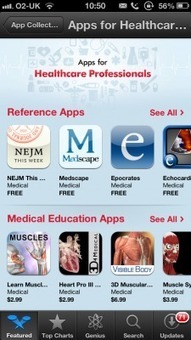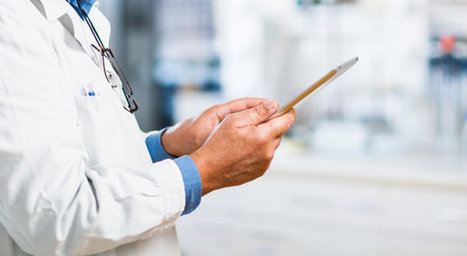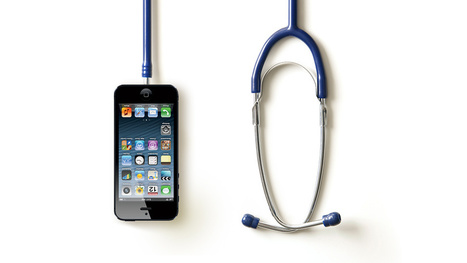In large part due to 2009's Health Information Technology for Economic and Clinical Health (HITECH) Act, there has been a proliferation of electronic medic
Get Started for FREE
Sign up with Facebook Sign up with X
I don't have a Facebook or a X account

 Your new post is loading... Your new post is loading...
 Your new post is loading... Your new post is loading...
rickyle balea's curator insight,
March 21, 2013 12:23 AM
This article will demonstrate that, mobile apps are aleady, and in the future, might completly revolutionise the meadical and Pharmacautical industry 
Alex Shirlaw's curator insight,
March 22, 2013 1:51 AM
This is another perfect example of how mobile apps are revolutionising the way in which we use mobile technology to our advantage. This article mentions the fact that utilising this kind of technology is more cost efficient because it can run the clinical trials on the device instead of manually conducting them on paper. This is ironic because it creates a twist on the classic saying that 'more is less' when in fact this clearly demonstartes that this kind of technology delivers more results with less effort and cost needed. |

IT-Lyftet och IT-Piloterna's curator insight,
April 8, 2013 2:39 AM
Hur iPad:en har revolutionerat hälso- och sjukvården - intressant artikel

nancygabor's comment,
June 5, 2013 1:07 PM
Collecting data is one thing, understanding what it means and when to bring concerns to your doctor is another. if the smart phone is the glove, the hand is health literacy... they have to go together. Early adopters are likely to have better health literacy early on, but to gain the full benefits of sensor technologies in mobile consumer devices, we need to make interpretive information available to patients. We also need to reimburse physicians for the time they spend trawling through patient data. Dominique is an unusual leading thinker... most docs don't trawl without a real incentive.

nrip's comment,
June 6, 2013 5:44 PM
Tools made from data are helping doctors, patients and healthstaff who are willing to be helped. With time tools will improve as those who are building them will mature in their techno-medical skills. As doctors learn to accommodate these tools in their practices, they will mature in their understanding of how tools can be used to improve outcomes as well as improve paradigms of care.

IT-Lyftet och IT-Piloterna's curator insight,
June 17, 2013 2:53 AM
Kan "smarta prylar" ersätta doktorer? Nä, naturligtvis inte, men det finns mycket att vinna på att rutinmässiga undersökningar kan utföras med hjälp av små, tekniska hjälpmedel, och utvecklingen går snabbt framåt. |


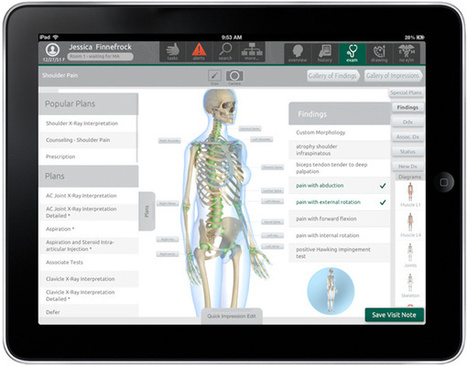


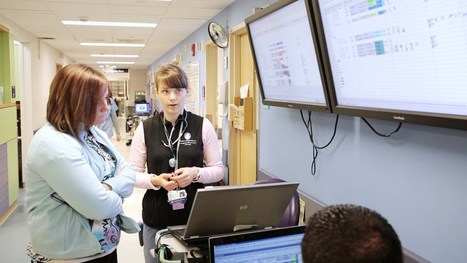
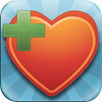
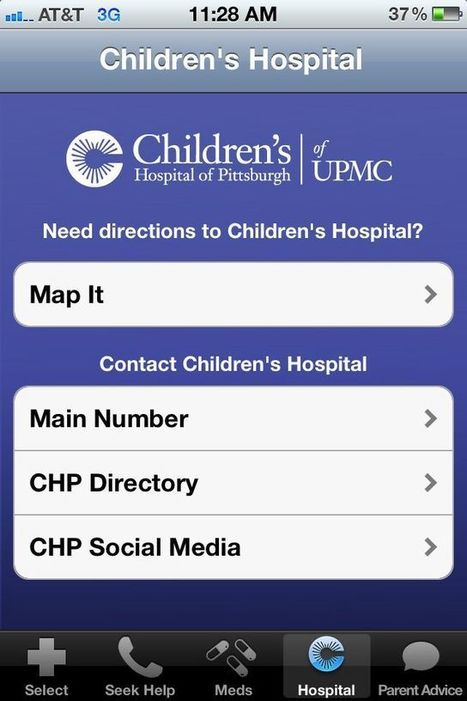
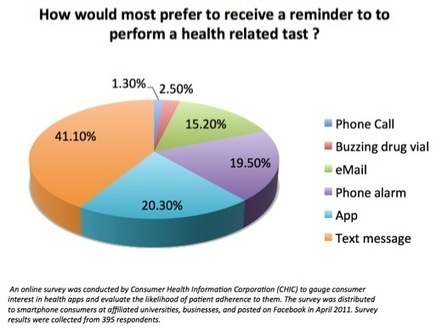
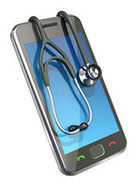
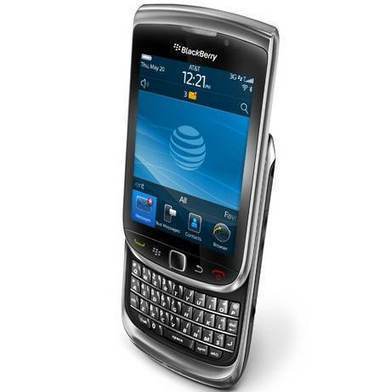

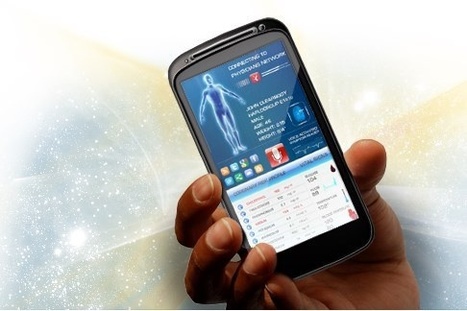
![Mobile Healthcare Faces The Future [Infographic] | Mobile Healthcare Apps | Scoop.it](https://img.scoop.it/zA1iEw5zB92G8-a-sb4qYjl72eJkfbmt4t8yenImKBVvK0kTmF0xjctABnaLJIm9)
